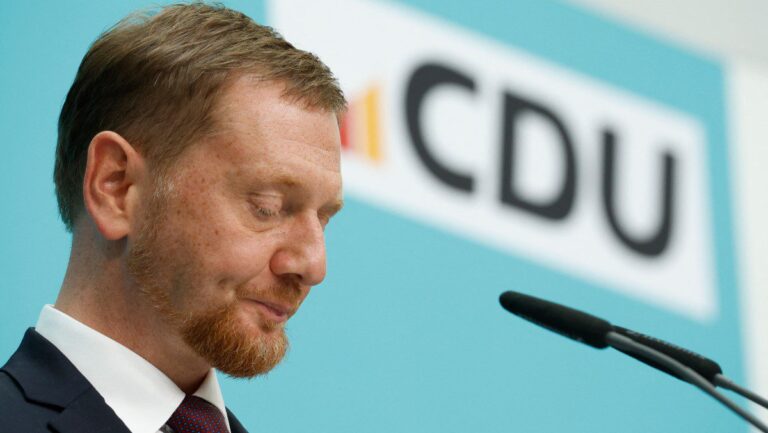The European Commission reviewed the EU’s energy and climate law, aiming to cut carbon emissions by 55% before the end of the decade and initiate a decisive break away from fossil fuels.
At the centre of the reform is a review of the bloc’s carbon market, the emissions trading scheme (EU ETS), which puts a price on each tonne of CO2 emitted by around 10,000 installations in the power sector, the manufacturing industry, as well as intra-EU flights, Euractiv.com reports.
As part of climate policies, the Commission also proposed raising the share of renewable energy to 40% of the EU’s final consumption by 2030, up from roughly 20% in 2019.
Renewed focus is also being placed on transport, with the Commission planning a de facto ban on the production of new petrol and diesel cars by 2035, as well as measures to raise taxes on shipping and aviation fuels.
“We know our current fossil fuel economy has reached its limits,” European Commission President Ursula von der Leyen said as she unveiled the package on Wednesday. “We know we have to move on to a new model – one that is powered by innovation, that has clean energy and that is moving towards a circular economy,” she said, according to Euractiv.
Euractiv.com quotes Georg Zachmann, a senior fellow at the Bruegel economic think tank in Brussels. He says, the overall consequences of the reform “will be dramatic”. “Most of the cars, planes and heating systems in use in the EU will have to be abolished, significant industries will have to change their century-old production processes and massive amounts of clean energy must be produced.”





